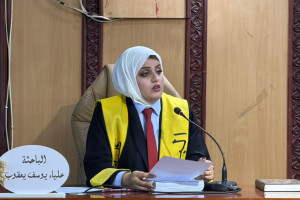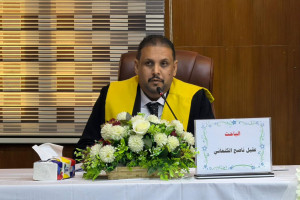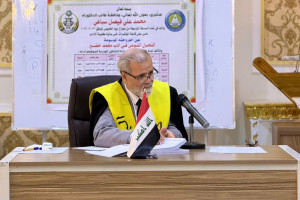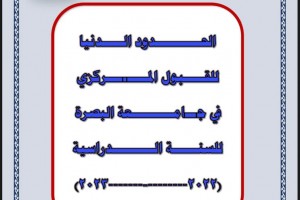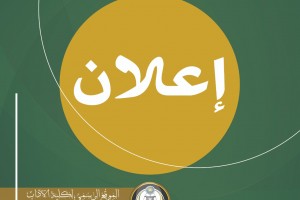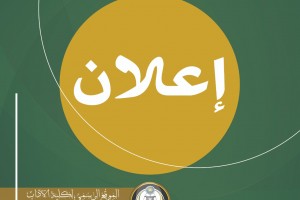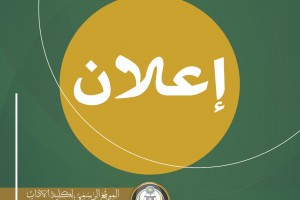
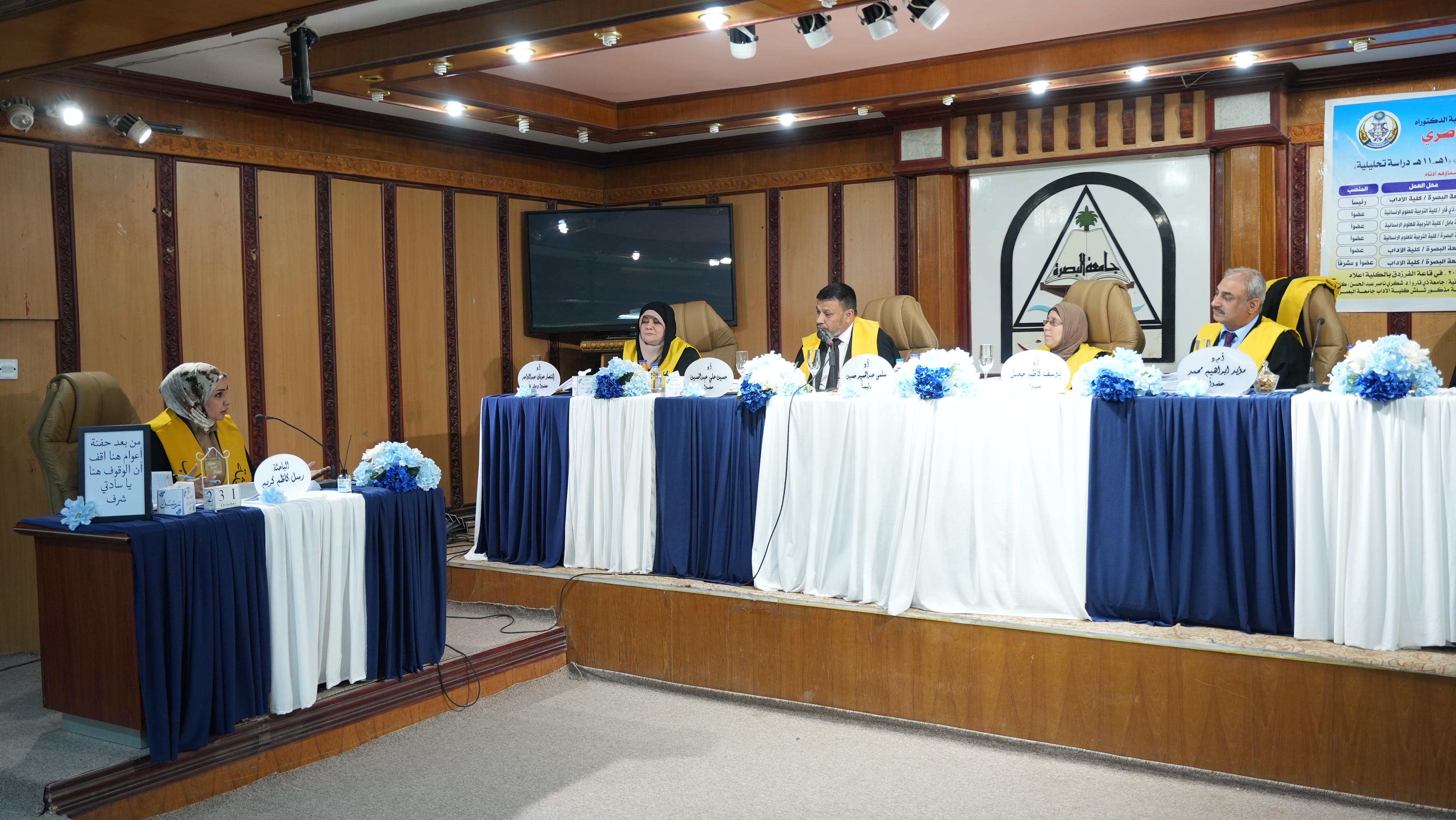

A PhD thesis was researched in the Department of History at the College of Arts at the University of Basrah (Societal Security Problems in the State of the Prophet (PBUH) (1-11 AH) An Analytical Study).
The thesis presented by researcher Rasul Kazim Karim included five chapters (pluralism in the structure of society in the prophetic era, doctrinal problems, social problems (psychological characteristics and behavioral patterns in society), internal security problems, and economic problems).
The thesis aims to focus on studying the societal environment that surrounded the great prophet with an objective study that avoids the aura of sanctification that some see as encompassing the structure of society at that time in all its categories and granting the rank of justice to all despite their mistakes and the criticism of the Qur’an and the Prophet (PBUH) of them. We will see that that society was not ideal or free of problems, and this does not detract from the mission of the Prophet (PBUH) and the mechanisms he followed to raise them from what they were in. Rather, many of them were not up to the level of ambition to change their intellectual and ideological assumptions. Therefore, we see, for example, that some of them believed that prophethood was a property that the Prophet attained and that it is the goal of every aspirant and other perceptions that produced most of the societal problems and left their effects clearly after the departure of the Prophet (PBUH), as society witnessed a great deviation that the Islamic nation suffers from its impact to this day. Consequently, this is what reveals the truth and reality of the society that surrounded the Prophet (PBUH) and dispels the state of ambiguity created by the view of sanctification and reverence for society and its figures at that time.
The thesis concluded:
(The problems of community security in the country of the Prophet (PBUH) are the negatives described in the Holy Qur’an and the Sunnah of the Prophet, and they give an indication of what the Islamic society was suffering from at that time, and they show us that it was a society that had not reached the required level in building a society in harmony with the doctrinal system that Islam brought, and it had not even reached an understanding and comprehension of the Prophethood.

